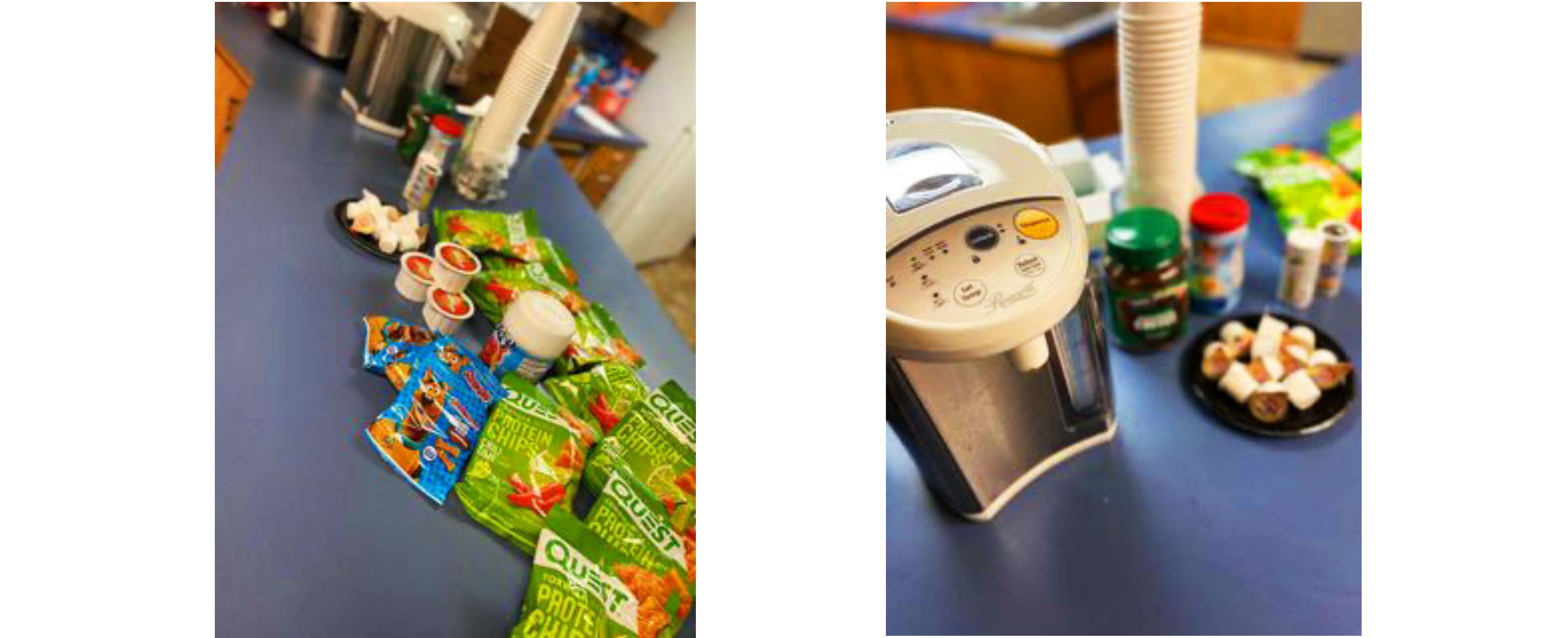Written by: Jaylin Emond-Hardin | Entertainment Editor
We can all admit it — Barnes and Noble is a pretty great store, and buying books from Amazon is more than convenient. While there is nothing wrong with buying from these sources, more and more people have begun to search for much more ethical ways to purchase books. Often, major booksellers promote overconsumption or support authors, viewpoints and movements that do not align with the book buyer’s ideology. That being said, here are three of the best alternatives.
Libraries/Libby — This is perhaps the best alternative, as it doesn’t require any money to sign up for and use, instead just a valid form of identification and proof of address. By signing up for a library card, one immediately receives access to all titles within the library system. For example, the Chemeketa Cooperative Regional Library Service serves Polk, Yamhill and Marion Counties. Library cardholders receive access to 18 libraries across each county, which include Monmouth, Independence and Dallas libraries. Western students aren’t even required to show proof of address, they just need to indicate that they are college students by showing their Western ID or proof of enrollment. With the library card comes access to Libby, an online library with audio and e-books. The only drawback to these services is the often long waitlist for books, though the zero cost might make the wait worth it.
Secondhand and indie bookstores — Secondhand and indie bookstores are another great alternative, especially if one prefers to own whichever book one is reading. Secondhand bookstores typically use a buy, sell, trade method to get the books they sell, where they buy books from people looking to sell or they trade books of the same value — most stores have a staff member dedicated to this method. When these places do sell new books, they are often purchased from the publisher, so it is a much more ethical approach to buying new books. Indie bookstores operate similarly and run independently. Both kinds of stores often feature independent authors as well, often spotlighting local authors.
Other online bookstores — If online bookstores are what one is looking for, then there are plenty of alternatives to shopping on Amazon. Websites like thriftbooks.com, bookshop.org and libro.fm are some of the most popular and do not just sell thrifted and independent books, but also support local bookstores and literacy programs across the country. On these sites, customers can purchase books and audiobooks, while also selecting which partnered bookstore they wish to support. The books will come through the mail and the bookstores will still be supported.
Contact the author at howlentertainment@wou.edu







